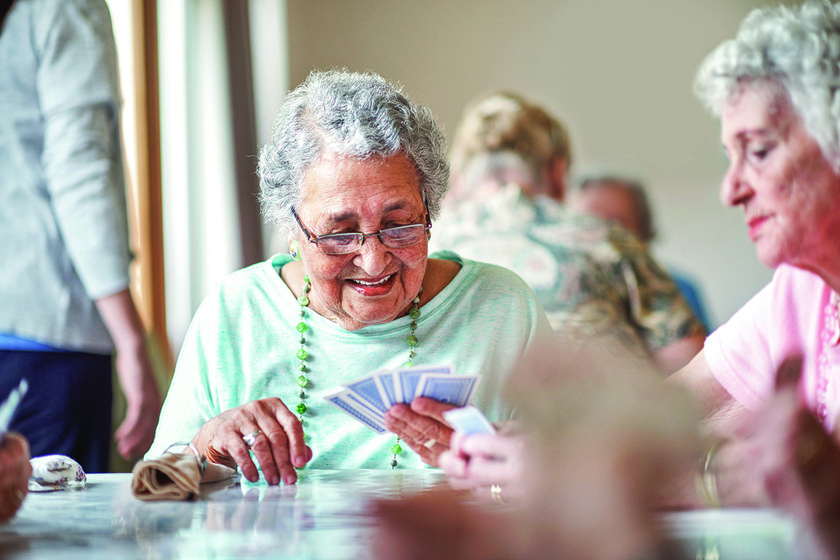As family caregivers, we play various roles in helping our aging loved ones manage their daily scheduling. We are their house cleaner, scheduler, money manager, navigator, nurse, health aide, and more. The most important role is perhaps an advocate which helps us make sure our aging loved one gets to experience the best life possible when they have grown vulnerable. To be a great senior advocate for your aging loved one, there are many things to consider. Continue reading to learn more.
Powers of Observation
Caregivers are often too exhausted or busy to notice little changes in their aging loved one. However, a slight shift in their moods, abilities, and safety needs may be a sign of a much greater mental health or medical issue. Noticing those changes early can make all the difference in mitigating the issue. Here is how you can be more observant:
- Increase your observational skills through meditation and mindfulness to help you become fully present and more aware of the current situation. Go for yoga or make use of a mindfulness app.
- Get enough sleep so your mind can remain clear.
- Pen down all the observations you notice so you can track them from time to time. If there are limited in-person interactions, get help from nurse aides or neighbors whom your aging loved one always interacts with.
- Make use of technology to be able to stay up-to-date with your loved one’s physical abilities and appearance. You may also track their movements through a remote surveillance system.
Organizational Skills
It is easy to develop a caregiving plan but staying on top of it could be difficult at times. As a senior advocate, you need to manage the caregiving team handling the needs of your loved one. Organize the paperwork associated with their legal, health, and financial matters and make task lists for each of the team members. Get better at organization through the steps below:
- Take an organizing course or get your family to help.
- Make use of various apps that offer organizational tools.
- Keep digital copies of important documents such as medical history, medication lists, living wills, and powers of attorney.
Communication Skills
Build a strong relationship through good communication skills. You need to maintain strong ties with the lawyers, doctors, and health aides of your loved one. We may not be experts in these different fields, hence maintaining a good relationship with the respective professionals will not complicate matters. Here is how you can communicate effectively:
- Be respectful, always. Set aside your emotions and remember to listen which is equally important to speaking.
- Perform a little research before communicating with any of the professionals.
- Contact them only at appropriate timings.
Asking Questions
Always ask the right questions to gather enough information. Whether you need to clarify your loved one’s health progress or matters relating to their finances or legal issues, do not be afraid to ask questions. Here is how you can ask the right questions:
- Understand your loved one’s medical conditions, finances, and legal matters.
- Prepare a list of questions to ask before a meeting. Ask more questions if you are not satisfied with the given answers.






